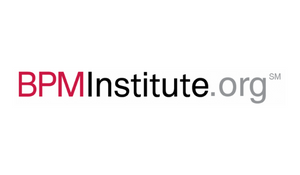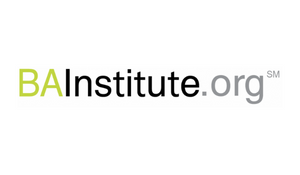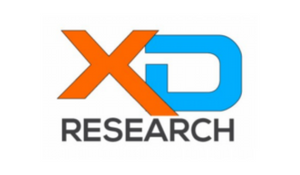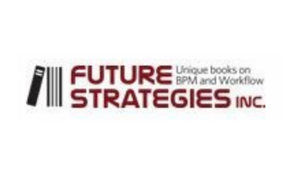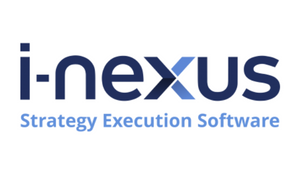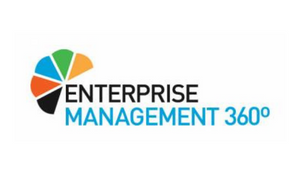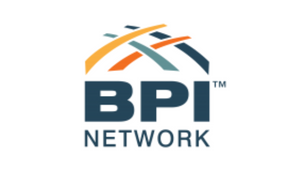
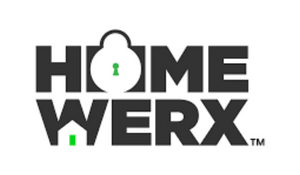
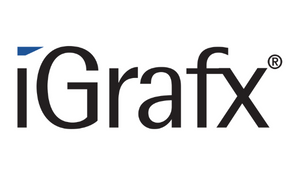
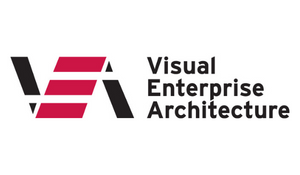
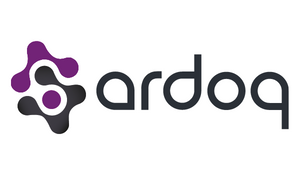
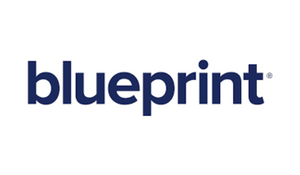
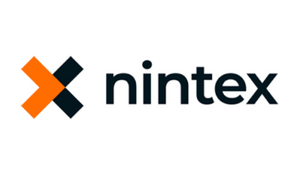
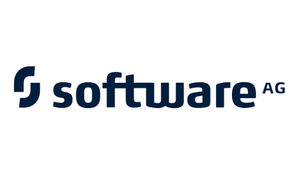
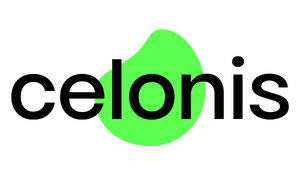
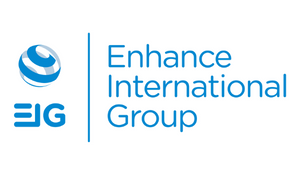
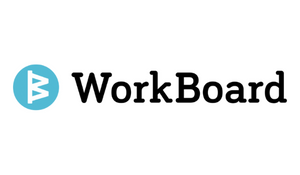
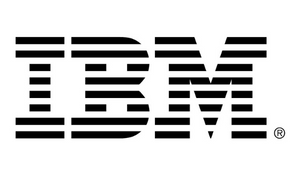
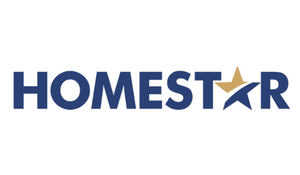
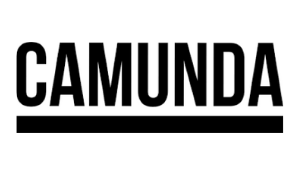
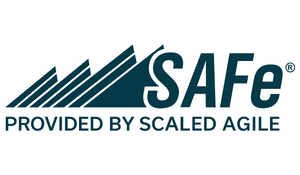
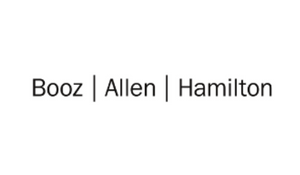
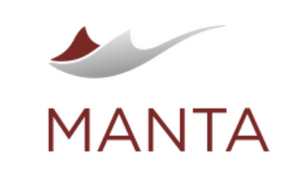
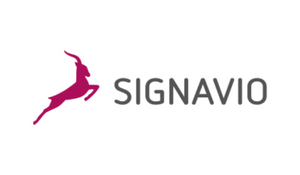
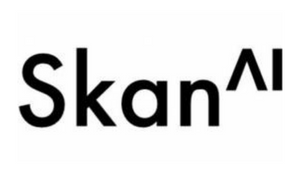

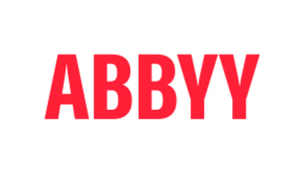

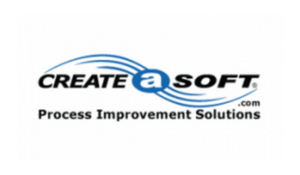

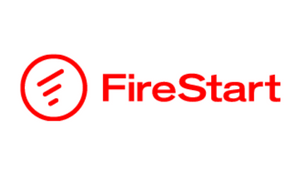

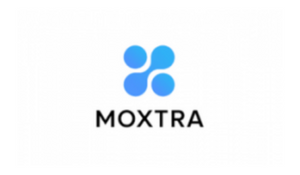
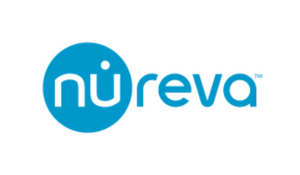
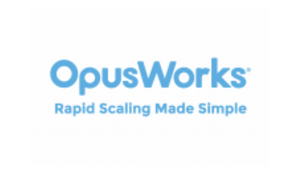
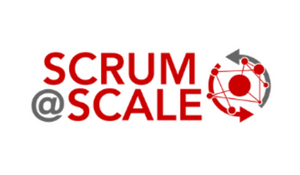
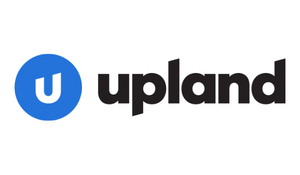
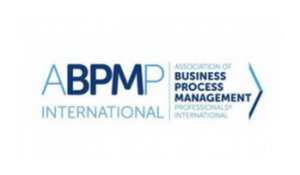
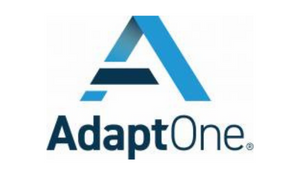
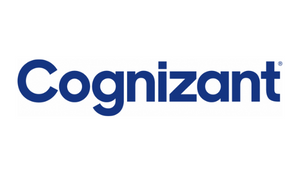
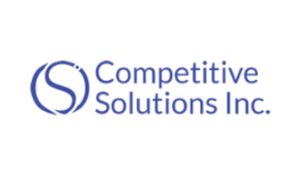
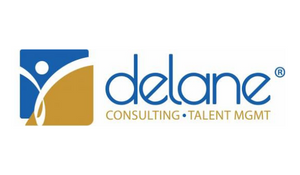

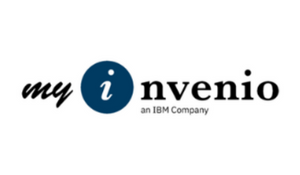
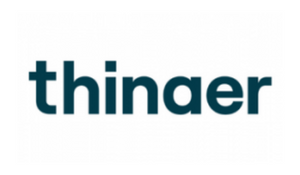
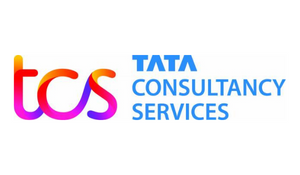
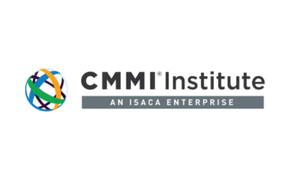
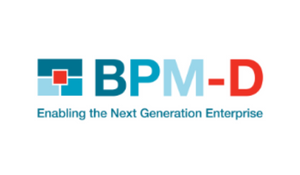
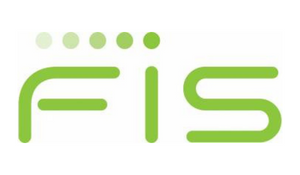
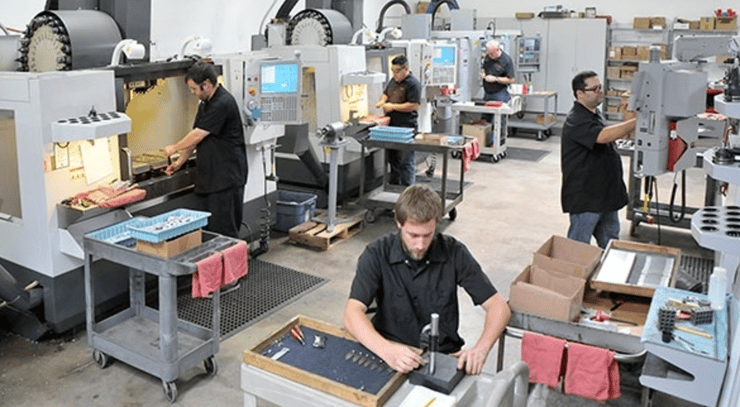
Question: When you hired for the factory floor, what was more important to you in the candidate -- the hard skills (e.g., CNC machining experience) or softer skills like problem-solving or being a team player. And why?
Answer: As is often the case, it depends.
Dealing with the Hard Skills
Any time a company has the opportunity to avoid a lot of training expense and learning-curve time, it's a major plus. Of course we have to pay more up front with the starting wage, but the value to the company Day One is much higher than training our own or sending them to school to be tutored for months or years in the case of journeyman jobs like electricians, plumbers, electronic techs, etc. A technical person should be involved in interviews for these types of jobs to validate the candidate's knowledge and ask detailed questions while HR checks to validate the credentials listed on the applications (certificate/diploma of accomplishment from technical schools). HR also makes certain the applicant passes drug testing, background check, etc.
READ NOW: 5 Tips for Introducing Lean to Administrative Functions
Evaluating the Soft Skills
Once the technical skills have been validated, then the evaluation of the talent moves to the soft skills side. I always asked about personal experiences as well as work examples. For instance, my experience is that people who have grown up participating in team sports are typically more compatible to working in teams than those who haven't. They understand there is no "I" in team. They tend to be more helpful. They tend to have more initiative for what it takes to win. They also know how to use a coach to get better. It isn't always the case, but it's a good conversation to have to learn a lot about the person.
For example, are they interested in improving their skills and behaviors to help the business prosper? We're looking for hints here: Will this person fit into the culture that we have or that we're trying to create? What kind of culture has this person worked with in other companies? Ask for an example of what his opinion is on that culture. All these factors are relevant when you're bringing experienced people in from other companies. If they're the best there is in their craft but would prefer to just do their job and be left alone, it isn't likely they'll engage in team improvement activities and become a contributing part of the new culture. It's simply not worth taking on the resistance/non-engagement that you'll have to deal with until your patience runs out and you're right back where you started--looking for a CNC operator.
Which Is More Valuable for Your Company Culture?
Because skills in these technical areas (the same applies for salaried engineering and lean/Six Sigma jobs) are often in short supply, or you're in a similar situation to that just described, you are probably better off hiring a smart, trainable person who thinks and behaves the right way. We can always train-in the technical skills if the person is capable of learning and performing. We can also help with the soft skills where there are gaps. For example, a relatively new engineer may be great at the nuts and bolts of her work as an IE/ME/EE, etc., but not yet have mastered how to lead the use of fishbone diagramming or lead a kaizen event. She may also need greenbelt or blackbelt skills in order to lead lean/Six Sigma projects or group dynamics, or whatever to be more effective and to "walk the talk" of the culture the company has or seeks. Their soft skills can also be improved using the two tools noted below.
Read More: Don't Sweat the Soft Skills - Strong Leadership and Culture in your Organization
As for the soft skills of applicants, there is certain testing that your HR department can provide to give you insight about personal traits that are complementary to your culture or traits that put up a red flag. Employee surveys also are helpful to developing your own database of what behaviors work best in your business. That way you can look for evidence of those qualities in new applicants. In addition to home-grown databases there are wonderful, time-tested tools available.
Two of my favorites over the years are the Myers-Briggs www.myersbriggs.org and FIRO-B www.psychometrics.com/assessments/firo-b/. These tools are also quite effective for helping legacy employees improve skills that make them better workers and team players. Both tools historically have been used primarily for salaried employees, but they will work equally well with hourly workers.
Final Thoughts:
"Don't water your weeds." -- Harvey MacKay
"A certificate does not make you certified. Attitude, performance, commitment to self and team--these and a certificate make you certified." -- Author Unknown
"We don't just pay a person for their skills. We also pay for their attitudes and their behaviors." -- Larry E. Fast
View our schedule of industry leading free to attend virtual conferences. Each a premier gathering of industry thought leaders and experts sharing key solutions to current challenges.
View Schedule of Events-------------------------------------------------------
Search for anything
Insights from the most progressive thought leaders delivered to your inbox.
Insights from the world's foremost thought leaders delivered to your inbox.
Being a hero is all about creating value for others. Please invite up to 5 people in your network to attend this premier virtual conference, and they will receive an invitation to attend.
If it’s easier for you, please enter your email address below, and click the button, and we will send you the invitation email that you can forward to relevant people in your network.
View our schedule of industry leading free to attend virtual conferences. Each a premier gathering of industry thought leaders and experts sharing key solutions to current challenges.
View Schedule of EventsWatch On-Demand Recording - Access all sessions from progressive thought leaders free of charge from our industry leading virtual conferences.
Watch On-Demand Recordings For FreeDelivered by the industry's most progressive thought leaders from the world's top brands. Start learning today!
View All Courses NowThe premier Business Transformation & Operational Excellence Conference. Watch sessions on-demand for free. Use code: BFH1120
Watch On-DemandInsights from the most progressive thought leaders delivered to your inbox.
Insights from the world's foremost thought leaders delivered to your inbox.
Being a hero is all about creating value for others. Please invite up to 5 people in your network to also access our newsletter. They will receive an invitation and an option to subscribe.
If it’s easier for you, please enter your email address below, and click the button, and we will send you the invitation email that you can forward to relevant people in your network.
Courtesy of Nintex Pty's Paul Hsu, below is a transcript of his speaking session on 'Improve employee productivity during and post-COVID by ...
Read this article about HP, Best Achievement in Operational Excellence to deliver Digital Transformation, selected by the independent judging panel, ...
Read this article about BMO Financial Group, one of our finalists, in the category Best Achievement in Operational Excellence to deliver Digital ...
Read this article about Cisco, one of our finalists, in the category Best Achievement of Operational Excellence in Internet, Education, Media & ...


